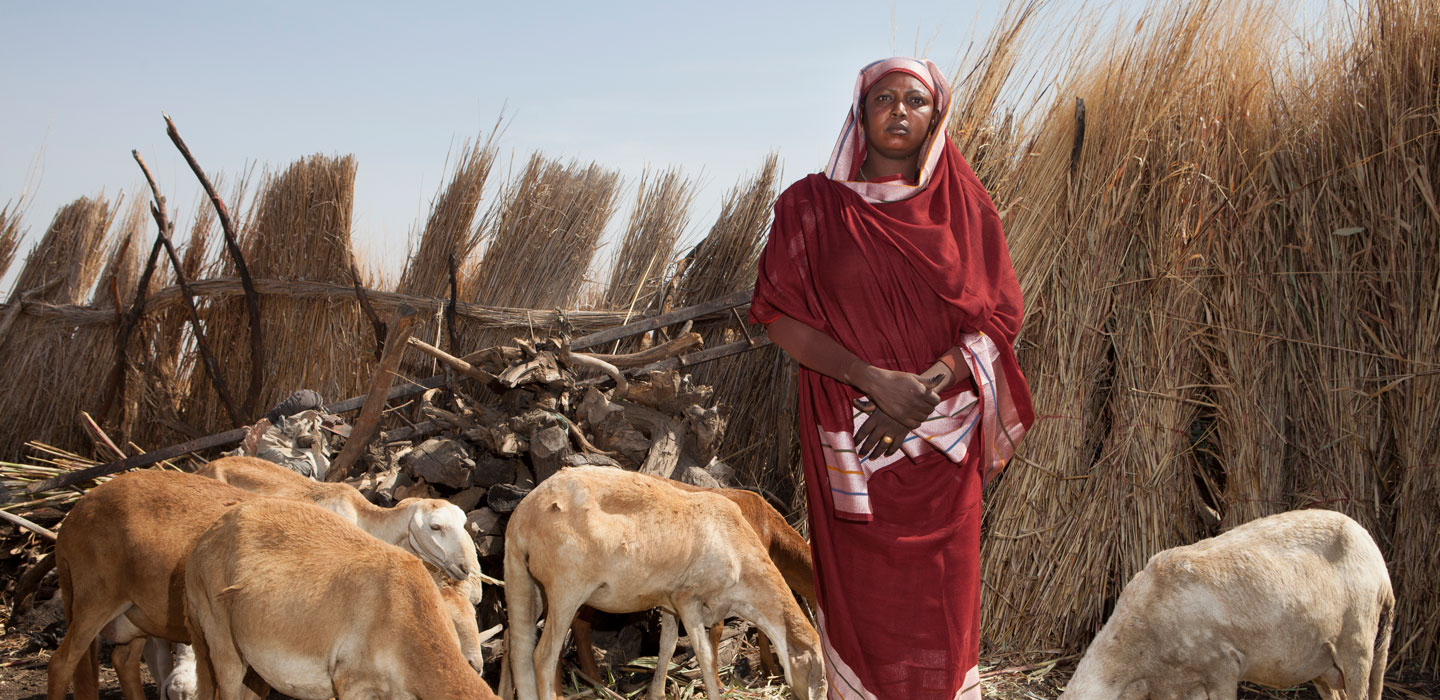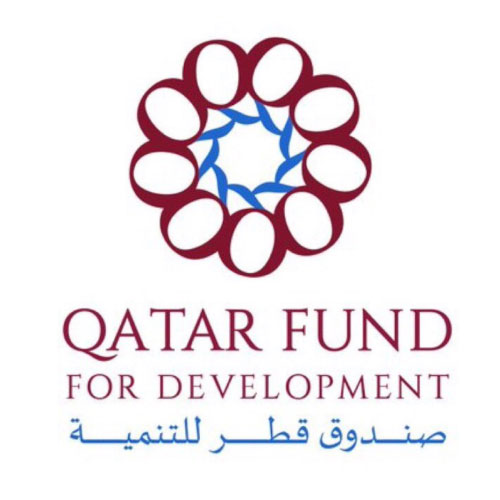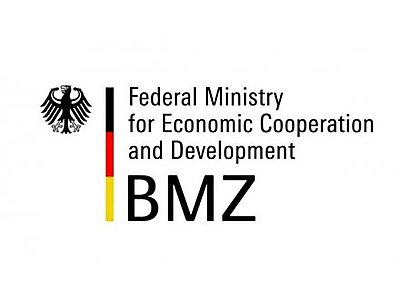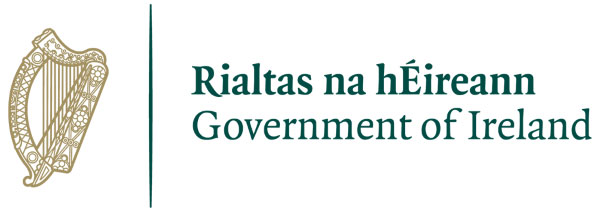Rural Resilience Programme (2RP)

Rural Resilience Programme
Menu Display
Rural Resilience Programme
Small-scale producers remain underserved by global climate finance. Despite producing 50 per cent of the world’s calories, globally, only 1.7 per cent of climate finance is directed at small-scale producers.
Increasing climate change impacts, together with conflicts, are among the key, interrelated drivers of growing food insecurity, especially in Africa. Moderate or severe food insecurity affects one quarter of the world’s population and has been rising in recent years. Over half of the population in Africa, almost one third in Latin America and the Caribbean and more than one-fifth in Asia are food-insecure.
Food insecurity and poverty tend to be concentrated in the areas most vulnerable to climate change, such as sub-Saharan Africa, and particularly in the rural areas of low-income countries, where as many as 75 per cent of the world’s extremely poor people live.
The Rural Resilience Programme (2RP) is an innovative umbrella programme that will consolidate multiple sources of financing channeled to small-scale producers and their communities.
By bringing a number of global initiatives under a common coordinating framework, the 2RP multiplies the benefits of initiatives that work towards the common objectives of the three Rio Conventions: the UN Framework Convention on Climate Change (UNFCCC), the Convention on Biological Diversity (CBD) and the Convention to Combat Desertification (CCD).
The 2RP has three pillars:
- The enhanced Adaptation for Smallholder Agriculture Programme (ASAP+)
- The Sustainability, Stability and Security (3S) Initiative in Africa
- The Green Climate Fund’s umbrella programme for the Great Green Wall for the Sahara and the Sahel Initiative (GCF-GGWI)
Through these pillars, the 2RP will equip small-scale producers and the landless poor and their communities with the resources they need to put in place their own locally adapted resilience strategies against climate variability, environmental pressures, food insecurity and hunger, as well as rural poverty, instability and irregular migration.
The 2RP will provide investments, primarily through grants, to activities that:
- address climate change and social drivers of food and nutrition insecurity
- restore and sustainably manage degraded lands
- stem the rise in youth unemployment that is causing young people to migrate from rural areas or join extremist organizations.
The Programme will shift the focus from unsustainable extractive livelihoods to regenerative ones. It will work with local communities to help them innovate and adopt sustainable agricultural approaches that are economically, environmentally and socially sustainable. Such approaches include agroecology, nature-based solutions, low-impact livestock and pasture management, artisanal fisheries, sustainable off-farm livelihoods, and green technologies. The 2RP will put in place incentives and opportunities for rural youth to drive innovation for scaling up sustainable practices along the value chain.
Contact: [email protected]
Contacts
Asset Publisher

Jahan-Zeb Chowdhury
Lead Technical Specialist - Environment & Climate Cluster Coordinator
Related news
Related news
IFAD and GCF scale-up action to improve life for millions of people and restore ecosystems in Africa’s Great Green Wall
A new investment programme is planned to support Sahelian governments through a partnership between the Green Climate Fund (GCF) and IFAD in order to boost climate finance for these rural populations.
Related stories
Related stories
What is life like for farmers on Moldova’s border with Ukraine?
On Moldova’s border with Ukraine, the resilience of rural farmers is being put to the test due to the spill over effects from the war.
To “green” the Sahel, we need big plans and small actions
The best way to make the desert bloom is to dig a hole. Not a well, but a shallow pit in the sandy soil about as wide as the length of your forearm. Then add some dung, plant your seeds, and wait for the rains.
Related blogs
Related blogs
There is a growing climate emergency facing smallholders across Asia Pacific – what is IFAD doing about it?
According to UN reports, the Asia Pacific region is the most disaster-prone region in the world. Nearly 45 per cent of the world’s natural disasters occur in the region.
Greening the Sahara: the Great Green Wall Initiative
In 2009, I travelled by road to Timbuktu, Mali on a short field trip. As we made our way down the dusty roads, I remember wondering what could possibly pull this arid, sparsely populated land into relative prosperity.
Related publications
Related publications
The enhanced Adaptation for Smallholder Agriculture Programme (ASAP+)
This brochure provides an overview of ASAP+, which is expected to be the largest fund dedicated to channelling climate finance to small-scale producers.
IFAD and Green Climate Fund’s Umbrella Programme for the Great Green Wall for the Sahara and the Sahel Initiative (GCF-GGW UP)
This brochure provides an overview of the GCF-GGW initiative.
Rural Resilience Programme
This brochure provides an overview of the Rural Resilience Programme (2RP), an innovative umbrella programme that consolidates multiple sources of financing channelled to small-scale producers and their communities.
The Sustainability, Stability and Security (3S) Initiative in Africa
This brochure provides an over view of the Sustainability, Stability and Security (3S) Initiative in Africa.



